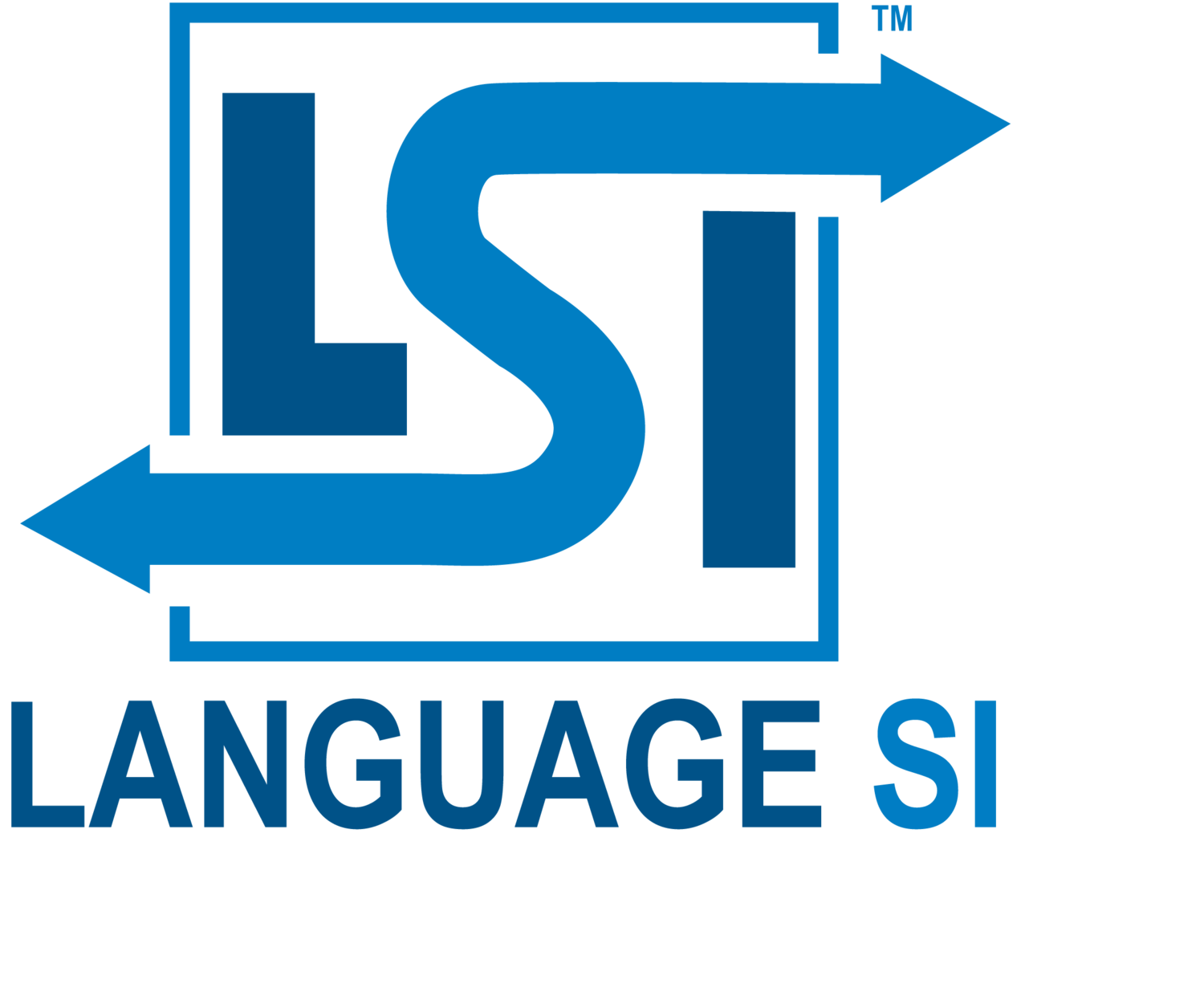Why Accurate Translation is Critical in the Legal, Medical, and Insurance Industries
In high-stakes industries like legal, medical, and insurance, accurate translation is not just helpful—it’s absolutely essential. A single error in terminology, nuance, or meaning can lead to serious consequences, from legal disputes and misdiagnoses to denied claims and compromised patient care. These sectors deal with sensitive information, complex documentation, and diverse populations—making professional, precise translation services a non-negotiable part of daily operations.
Legal: Language and the Law Must Align
In the legal field, clarity and precision are everything. Contracts, court documents, witness statements, immigration papers, and compliance materials all rely on accurate language. A mistranslated clause can invalidate an agreement or misrepresent intent, leading to costly litigation or delays in justice. Legal terminology is specific and context-dependent, which means only trained legal translators with knowledge of both language and legal systems can ensure documents are interpreted correctly and remain legally binding.
Medical: Lives Depend on Understanding
Nowhere is the impact of language more personal—or more urgent—than in healthcare. Patients, providers, and caregivers must communicate clearly to ensure accurate diagnoses, appropriate treatments, and informed consent. Translations of medical records, discharge instructions, pharmaceutical labels, and informed consent forms must be exact and culturally appropriate. Miscommunication can lead to improper care, allergic reactions, or worse. Professional medical translators are trained not only in medical terminology but also in patient privacy laws like HIPAA, ensuring confidentiality and accuracy at every step.
Insurance: Clarity Prevents Claims Issues
The insurance sector is built on trust, transparency, and clear communication. Whether it’s a policyholder filing a claim or an insurer assessing coverage, both parties must fully understand the terms and processes. Translation errors in policy documents, claim forms, or coverage explanations can result in disputes, delays, and a loss of customer confidence. Accurate translation supports compliance with regulatory requirements, minimizes legal risks, and helps insurers better serve a multilingual client base—especially in increasingly diverse markets.
Why Work With Professional Translators?
Unlike generic machine translation tools, professional translators understand industry-specific terminology, cultural nuances, and legal frameworks. They work with specialized tools and quality assurance processes to ensure every document is clear, correct, and compliant. For regulated industries where accuracy is critical, working with a trusted language service provider ensures that nothing gets lost in translation.
Final Thoughts
In legal, medical, and insurance contexts, translation errors can have real-world consequences—financially, legally, and medically. That’s why choosing an experienced, professional translation partner is one of the most important decisions a business can make. When precision matters, don’t settle for anything less than accuracy you can trust.
